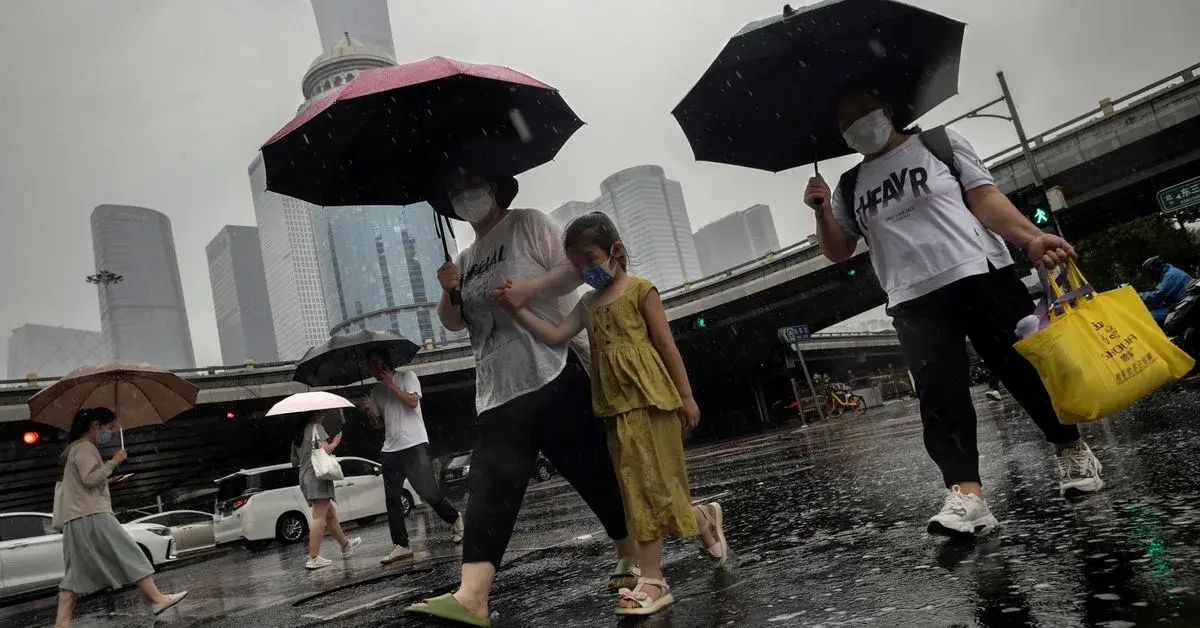- cross-posted to:
- [email protected]
- cross-posted to:
- [email protected]
🤖 I’m a bot that provides automatic summaries for articles:
Click here to see the summary
BEIJING, Sept 4 (Reuters) - Chinese President Xi Jinping’s first major reform plans a decade ago were also his boldest, envisaging a transition to a Western-style free market economy driven by services and consumption by 2020.
The 60-point agenda was meant to fix an obsolete growth model better suited to less developed countries - however, most of those reforms have gone nowhere leaving the economy largely reliant on older policies that have only added to China’s massive debt pile and industrial overcapacity.
That has kept consumer demand weaker as a portion of GDP than in most other countries and concentrated job creation in the construction and industrial sectors, careers increasingly spurned by young university graduates.
Logan Wright, a partner at Rhodium Group, says Beijing has to decide which portion of that debt to rescue, as the amount is too large to provide full guarantees of repayment, which the market currently regards as implicit.
Alicia Garcia Herrero, chief economist for Asia Pacific at Natixis, expects there would be plenty of buyers if Beijing consolidates debt given limited investment alternatives.
Those plans have barely been mentioned since 2015 when a capital outflows scare sent stocks and the yuan tumbling and engendered an official aversion to potentially disruptive reforms, analysts say.
Saved 79% of original text.



